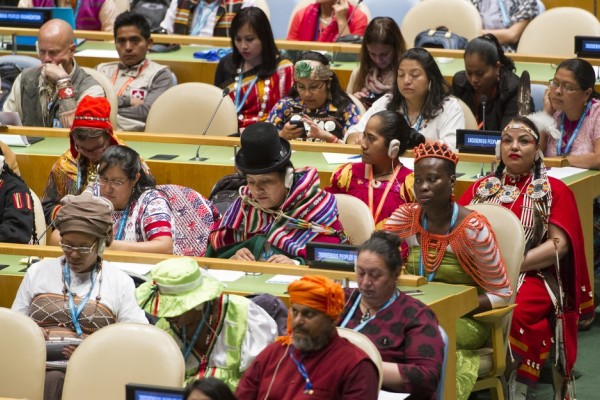-

Rushed passage of Bill C-70: an urgent wake-up call
The passing of Bill C-70, major increases in military spending, continuing support for Israel’s deadly assault on Gaza, and an increasingly aggressive stance towards China suggest that Canada is developing both the structures and ideology of a “national security state” that generates perpetual enemies and permanent preparedness for war.
-

Opposition to stampeding Bill C-70 through Parliament grows
The International Civil Liberties Monitoring Group, the Canadian Association of University Teachers, the National Council of Canadian Muslims, and the BC Gurdwaras Council are among 14 groups voicing opposition to an attempt to stampede Bill C-70, the Countering Foreign Interference Act, through both houses of Parliament by the end of June.
-

Pacific Peace Network challenges RIMPAC
RIMPAC 2022 comes at a sensitive moment when the US and its allies have stepped up provocative actions in East Asia, aimed mainly at China, a rising power that seemingly challenges US hegemony in the Pacific. However, for many people including Indigenous Pacific Islanders, US militarism remains front and centre in their fight for sovereignty and peace.
-

Canadian Armed Forces impinge on Okinawa
The fight to reclaim Okinawa continues despite ferocious opposition from the ruling parties in Japan who take advantage of their power and the fact some Okinawans’ livelihoods depend on base-related employment or business. This resistance is part of a larger movement for Indigenous rights, peace, and justice across the Asia Pacific region.
-

Canada joins US in militarizing the Pacific
Okinawans, Indigenous and non-Indigenous alike, have been fighting to rid Okinawa of US bases for decades, giving rise to one of the strongest peace movements in the world, attracting broad international support. Thus, we were doubly shocked to learn that the Canadian Armed Forces are regularly using US military installations on Okinawa today.
-

Huawei ban undermines Canadian and world security
Far from ensuring the safety of Canadians, the government’s prohibition against Huawei dangerously aligns Canada with the NSA and other members of the Five Eyes spy network. This coalition of settler-colonial states may parade as the epitome of liberal democracy, but in fact it is based on the ongoing sagas of Indigenous dispossession and imperialism.
-

Indigenizing Canadian foreign policy
From Oka to Wedzin Kwa in Canada; from Wounded Knee to Standing Rock in the US; from Kahoolawe to Mauna Kea in Hawai’i, Indigenous peoples are confronting white settler colonialism in the Anglosphere. These ongoing contestations are having huge ramifications globally, revolutionizing international relations, and helping realize “a better world is possible.”
-

Alternatives in Canadian foreign policy and the racism of ‘The National’
Last week, the CBC ran a piece on “Chinese industrial espionage” during its flagship program The National. According to John Price, the public broadcaster owes the country, and Asian Canadians in particular, an apology for fanning the flames of bigotry and hate. And Justin Trudeau needs to call for a fundamental reassessment of Canadian foreign policy to avoid taking Canada down the road to war.
-

The China challenge
How China and its peoples handle the challenges ahead demands close and critical attention, but it’s time to lose the attitude. As Noam Chomsky recently suggested, either the “United States and China will work together on the critical issues that we all face, or they will expire together, bringing the rest of the world down with them.” Isn’t that what friends are for?
-

Why the Anglosphere is united in an anti-China front
Recent sabre-rattling over China arises out of an embedded military network known as the “San Francisco” system. Constructed in the aftermath of the Second World War, the network of bilateral alliance was designed to thwart decolonization and assure the Pacific would become an “American Lake.” To this day, the US maintains hundreds of military installations and tens of thousands of troops in the region.



